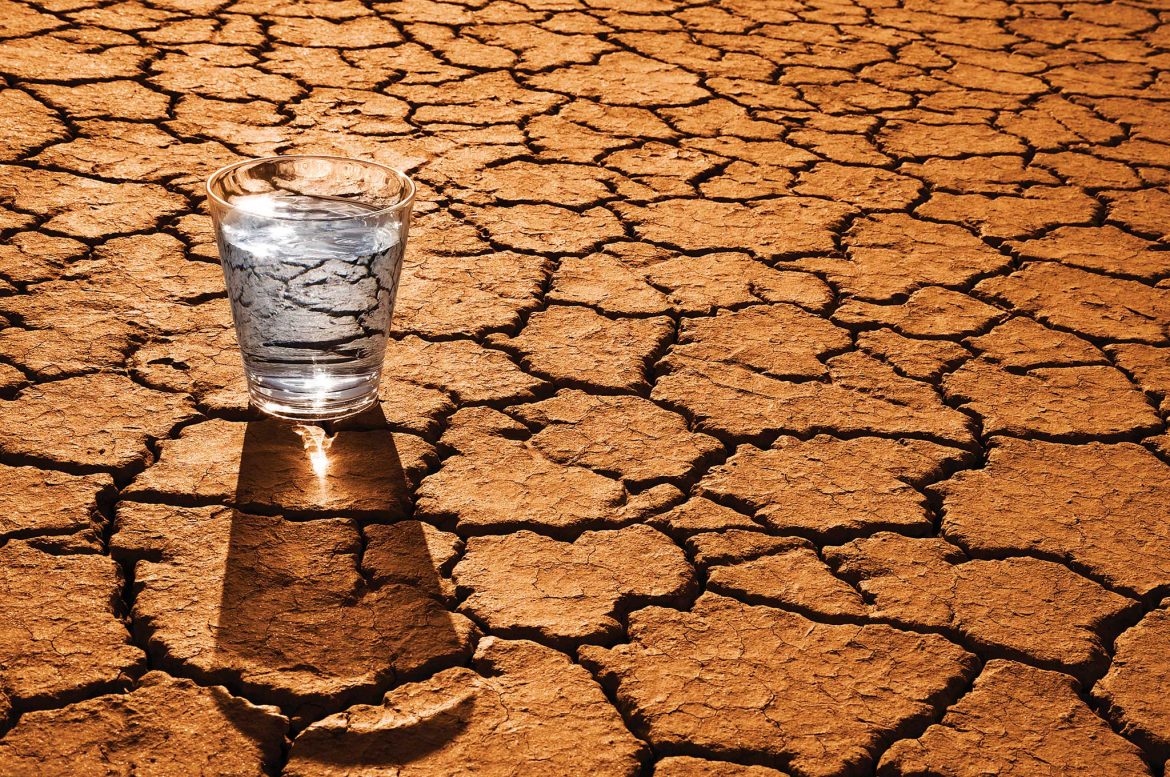The water available in Costa Rica by 2050 will be substantially less than we have now. Residents of the center of the country will lose half of the water available today for human consumption and productive activities. This is due to an expected decrease in rainfall and increase in temperature.
During the dry season, many towns are already dealing with rationing. Some have water cut off for 12 hours at a time from January to June. The areas often hit the hardest are the Greater Metropolitan Area, northern zone, and central Pacific.
The warning comes from a study conducted by the Inter-American Development Bank which used a simulation tool called Hydro-BID. It took into account a 20% decrease in rain and a 1.6 degree Celsius increase by 2050.
The National Drinking Water Policy seeks to mitigate these problems by investing $1,000 million to be used by 2024 for infrastructure that will allow for more efficient use of Costa Rica’s water richness.

